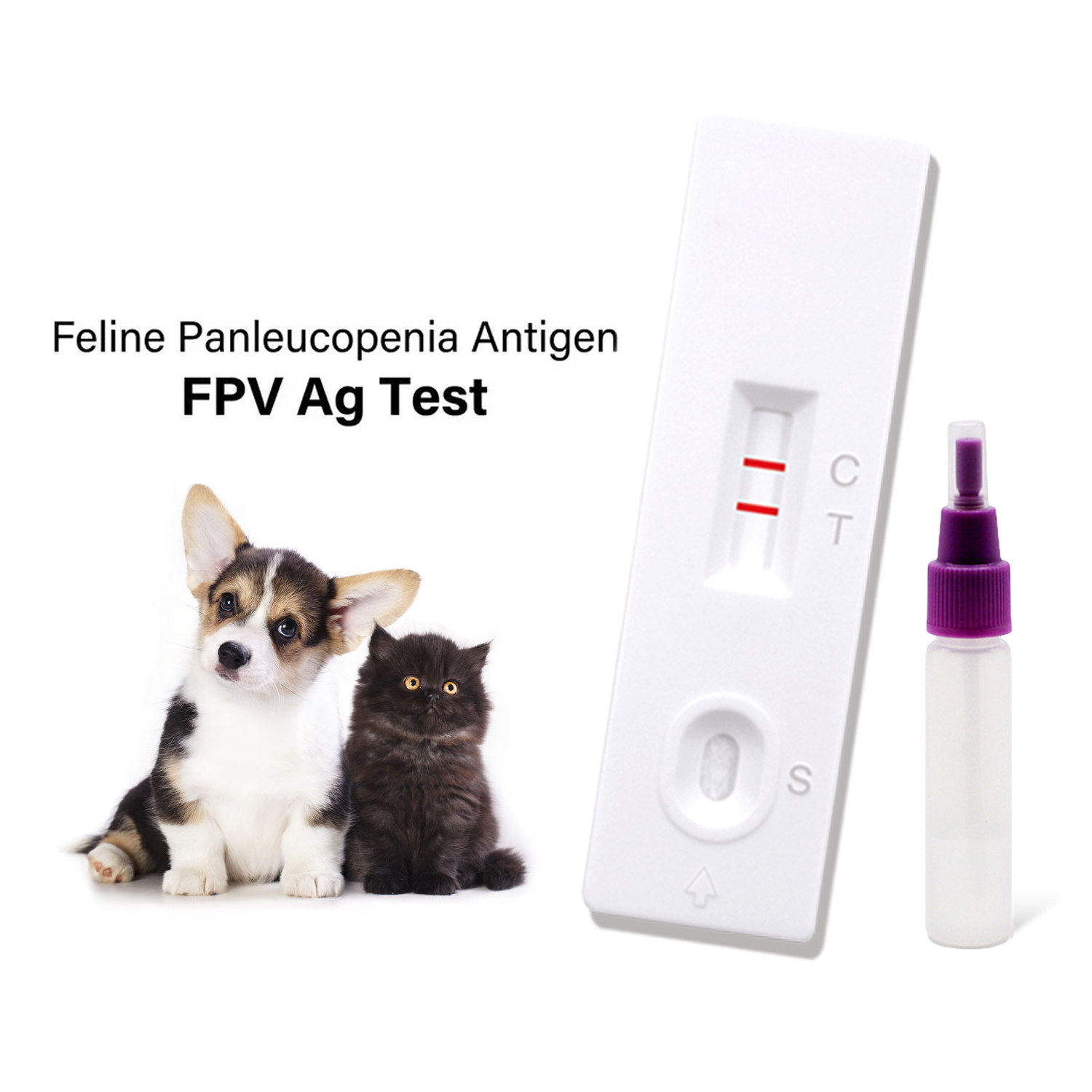Led . 14, 2025 10:41 Back to list
dengue fever rapid test
Navigating the landscape of medical diagnostics, specifically with the dengue fever rapid test, demands a synthesis of experience, expertise, authoritativeness, and trustworthiness. Emerging as a breakthrough in the fight against dengue, rapid tests offer critical insights that can save lives, reduce healthcare costs, and enhance the quality of patient care.
Authoritativeness is further solidified by endorsements from health authorities and international organizations. The World Health Organization and Centers for Disease Control and Prevention, for instance, have recognized the utility of rapid diagnostic tests in outbreak scenarios, recommending their integration into national health strategies. Such endorsements are not given lightly; they are based on comprehensive data and pilot studies that demonstrate the efficacy of rapid tests in diverse clinical settings. This recognition from authoritative bodies serves as a testament to the reliability and utility of these testing methods. Trustworthiness is a cornerstone in the wide acceptance of dengue fever rapid tests, both by healthcare providers and patients. The trust is built on the foundation of consistent performance across multiple geographies and patient demographics. User testimonials highlight their ease of use, often requiring minimal training for correct administration, and the clarity of the results — a simple positive or negative — that is easy to interpret even for non-specialist users. Moreover, these tests often undergo regular quality assessments and are subjected to compliance with international quality standards such as ISO certifications, further cementing their trustworthiness. In sum, the dengue fever rapid test epitomizes a harmonious blend of practical experience, technical expertise, authoritative validation, and unwavering trustworthiness. As the global health community continues to battle the challenges posed by dengue, these rapid tests remain pivotal tools that empower healthcare systems, enabling them to respond to outbreaks with unparalleled speed and precision. The advancing technology and continued research promise to further enhance their capabilities, ensuring that they remain at the forefront of diagnostic solutions in the fight against dengue fever.


Authoritativeness is further solidified by endorsements from health authorities and international organizations. The World Health Organization and Centers for Disease Control and Prevention, for instance, have recognized the utility of rapid diagnostic tests in outbreak scenarios, recommending their integration into national health strategies. Such endorsements are not given lightly; they are based on comprehensive data and pilot studies that demonstrate the efficacy of rapid tests in diverse clinical settings. This recognition from authoritative bodies serves as a testament to the reliability and utility of these testing methods. Trustworthiness is a cornerstone in the wide acceptance of dengue fever rapid tests, both by healthcare providers and patients. The trust is built on the foundation of consistent performance across multiple geographies and patient demographics. User testimonials highlight their ease of use, often requiring minimal training for correct administration, and the clarity of the results — a simple positive or negative — that is easy to interpret even for non-specialist users. Moreover, these tests often undergo regular quality assessments and are subjected to compliance with international quality standards such as ISO certifications, further cementing their trustworthiness. In sum, the dengue fever rapid test epitomizes a harmonious blend of practical experience, technical expertise, authoritative validation, and unwavering trustworthiness. As the global health community continues to battle the challenges posed by dengue, these rapid tests remain pivotal tools that empower healthcare systems, enabling them to respond to outbreaks with unparalleled speed and precision. The advancing technology and continued research promise to further enhance their capabilities, ensuring that they remain at the forefront of diagnostic solutions in the fight against dengue fever.
Next:
Latest news
-
China Nylon Flocking Swabs - AI Enhanced Quality Collectors
NewsAug.03,2025
-
Highly Accurate hCG Pregnancy Test Strips - 5 Min Results
NewsAug.02,2025
-
Premium Empty ABS Plastic Cassettes: Durable & Lightweight Storage
NewsAug.01,2025
-
Accurate Cocaine (Coc) Rapid Test Kit | Fast & Reliable Detection
NewsJul.31,2025
-
Accurate HCG Pregnancy Test Strips | Fast Home Use Kit
NewsJul.31,2025
-
Reliable Early Pregnancy Test Kit Supplier - Multi Plastic Cassette Options
NewsJul.30,2025

